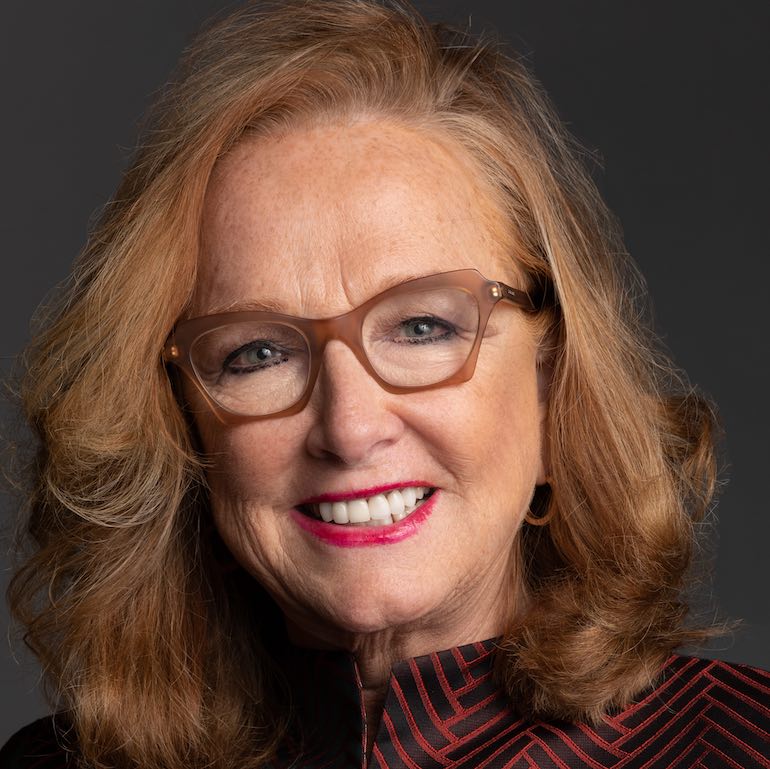4 minutes
Credit unions need to ensure their compensation and retirement policies are equitable for male and female employees.
The World Council of Credit Union’s Global Women’s Leadership Network is celebrating 10 years in 2019, and its impact is growing. As witnessed by the more than 200 people attending the GWLN breakfast during CUNA’s Government Affairs Conference, people all over the world are feeling the impact of this international credit union initiative. Our grassroots effort is propelled by more than 95 local Sister Societies in communities around the world—one launching almost every month. In fact, we will have started nine Sister Societies since January 2019, and all the volunteer leaders are credit union executives, volunteers and business partners who passionately believe in GWLN’s vision: Provide credit union women with the opportunity and resources to make a measurable difference in each other’s lives, in the lives of members and within their communities.
Each year we measure GWLN’s impact, and every volunteer dedicates hours of time creating networking opportunities to share ideas and overcome obstacles faced in their unique environments. Together with our male colleagues, we have built such strong, sustainable initiatives as business development centers in Asia for women to work together to raise income by producing products; entrepreneurial seminars to start businesses in North Macedonia; harvesting crops and feeding families in Africa; female leadership forums in Brazil; and diversity and inclusion education at credit union conferences—always pushing for progress. Read about the work of several of our volunteers, including Dolores Ramirez, an inspiring example of how GWLN is making a difference.

As I reflect upon the last 10 years and look ahead to 2020, I have a personal strategic objective for credit union leadership: create awareness around the reasons why pay equity impacts women at all stages of their lives. From the household they are raised in to their quality of life in later years, it matters! Issues are the same everywhere, just heightened by cultural differences. Single mothers are raising their children by taking out high-interest loans—some are even employees of credit unions—because a low hourly wage doesn’t cover the expected, let alone unexpected emergencies. Young, educated women cannot find jobs or buy homes. Widows are among the most fragile when left with no income or only small pensions, as they earned less over the years, often due to taking time off to have children and care for parents, in addition to the perpetual gender inequality of pay.
Does this happen in credit unions in the United States as well? Yes! Recent research shows that women account for 64% of the CEO and senior leaders in credit unions with less than $100 million in assets but only 13% of leadership teams at credit unions with more than $1 billion in assets. Many of my female CEO colleagues spent years running smaller credit unions, and they have come up through the ranks to achieve the title. However, their pay is set by asset size, and often their career moves have been slowed by an unwillingness to relocate or risk their security, primarily for their families. Plus, boards and recruiting firms consider the asset size of the credit union before giving candidates a chance to take a seat at the table during CEO searches and executive selections.
The pay inequality adds up over the years, and it affects women’s retirements. It worries me, as I have a close friend who is running a credit union today; her pay is less than her male colleagues, and she has no retirement plan. Another colleague retired from a credit union a few years ago after 35 years of service, and her funds are slowly dwindling. Yet another’s husband passed away, and she is going through changes that will impact her standard of living—moving in with her son. Sometimes we need to advocate for each other. When I consult on leadership transitions, I always recommend a supplemental executive retirement/retention plan. They are put in place for most new CEOs but not always for CEOs who have been at the credit union for years. This is not an intentional slight, just something boards should consider when faced with competitive market considerations.
Gender pay equity isn’t just about a woman’s day-to-day needs: It’s about her future. Negotiate today. Advocate for parity. Time passes quickly, and there is no better time than the present to get a plan in place so credit unions can continue to make a measurable difference! cues icon
Susan Mitchell is chair of GWLN and CEO of Mitchell Stankovic & Associates.






